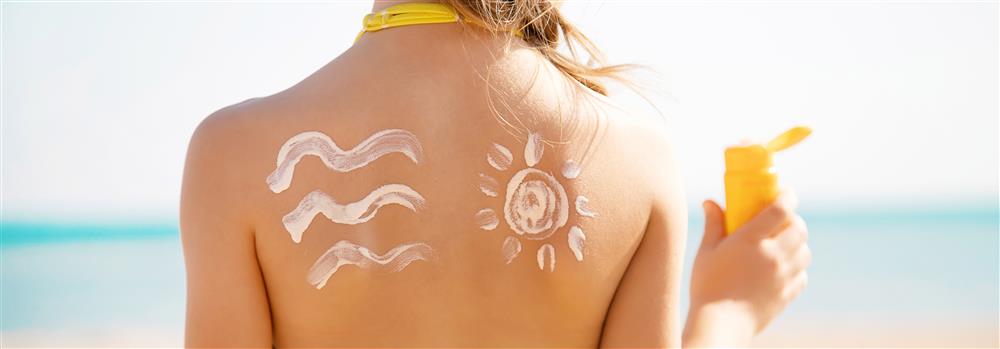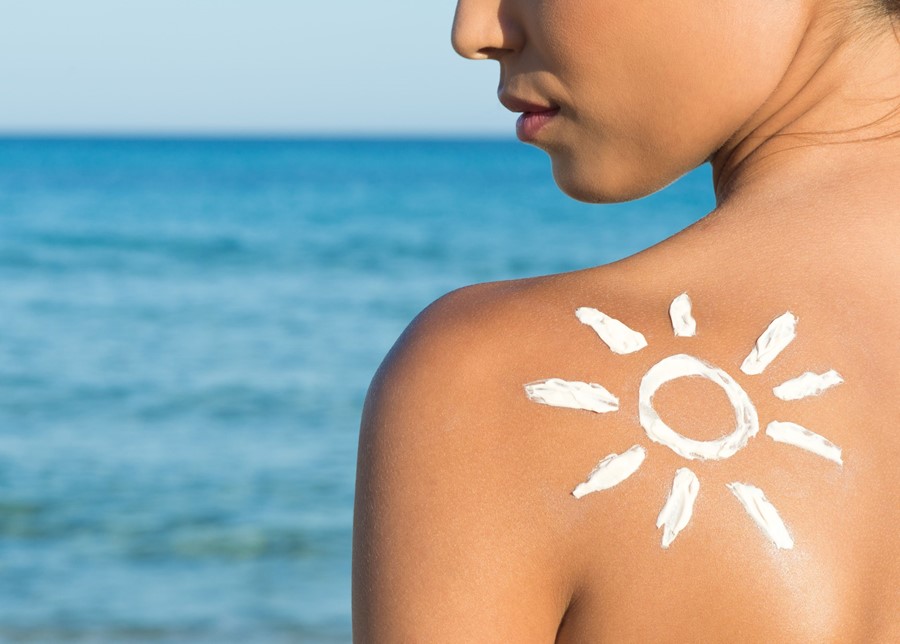It is the time of year when we are bombarded with messages about the importance of wearing sunscreen - but is this good advice?
Suncreens are potentially dangerous and are as likely to cause skin cancer than exposure to sun itself. Contoversial? Absolutely, but watch this short video from Dr. Andreas Moritz to understand why:
If you question this statement then consider this: Why is it that societies in areas with least sun exposure like Canada, Scandinavia, Scotland etc. have a much higher incidence of skin cancer?
It involves Vitamin D: Or a lack of it to be exact. If you are Vitamin D deficient your risk of cancer is significantly elevated, and not just skin cancer, Vitamin D protects us from many common cancers.
It Doesn’t Mean You Should Burn: Let’s be absolutely clear about this – there is nothing clever at all about burning your skin in the sun. Avoiding the midday sun is very wise, and tanning gently is the healthy way to do it, ensuring you don’t burn your skin, but at the same time are sufficiently exposed to sunshine to generate good levels of Vitamin D.

Why Are Most Sunscreens Dangerous? Sadly they contain a whole list of toxins, some of which are known carcinogens. There is a clear link to these nasty toxins and skin cancer, so the very thing you are taking to avoid skin cancer could be the very thing causing it
Are There Healthy Sunscreens? Yes, there are organic sunscreens that are considerably healthier. Brands I recommend are Yaoh, Jason and there is a good quality organic Aloe Vera brand available at Barannes in St. Helier. Unlike many oily sunscreens, these organic ones are more inclined to get washed off in water, so always re-apply after swimming
Vitamin D: If you are disinclined to expose yourself to the sun then I would definitely recommend taking Foodstate Vitamin D because it plays a number of vital roles in the body
People in Europe and children especially are the most deficient in Vitamin D. Our Foodstate Vitamin D is absorbed used and retained better than any other supplemental form






